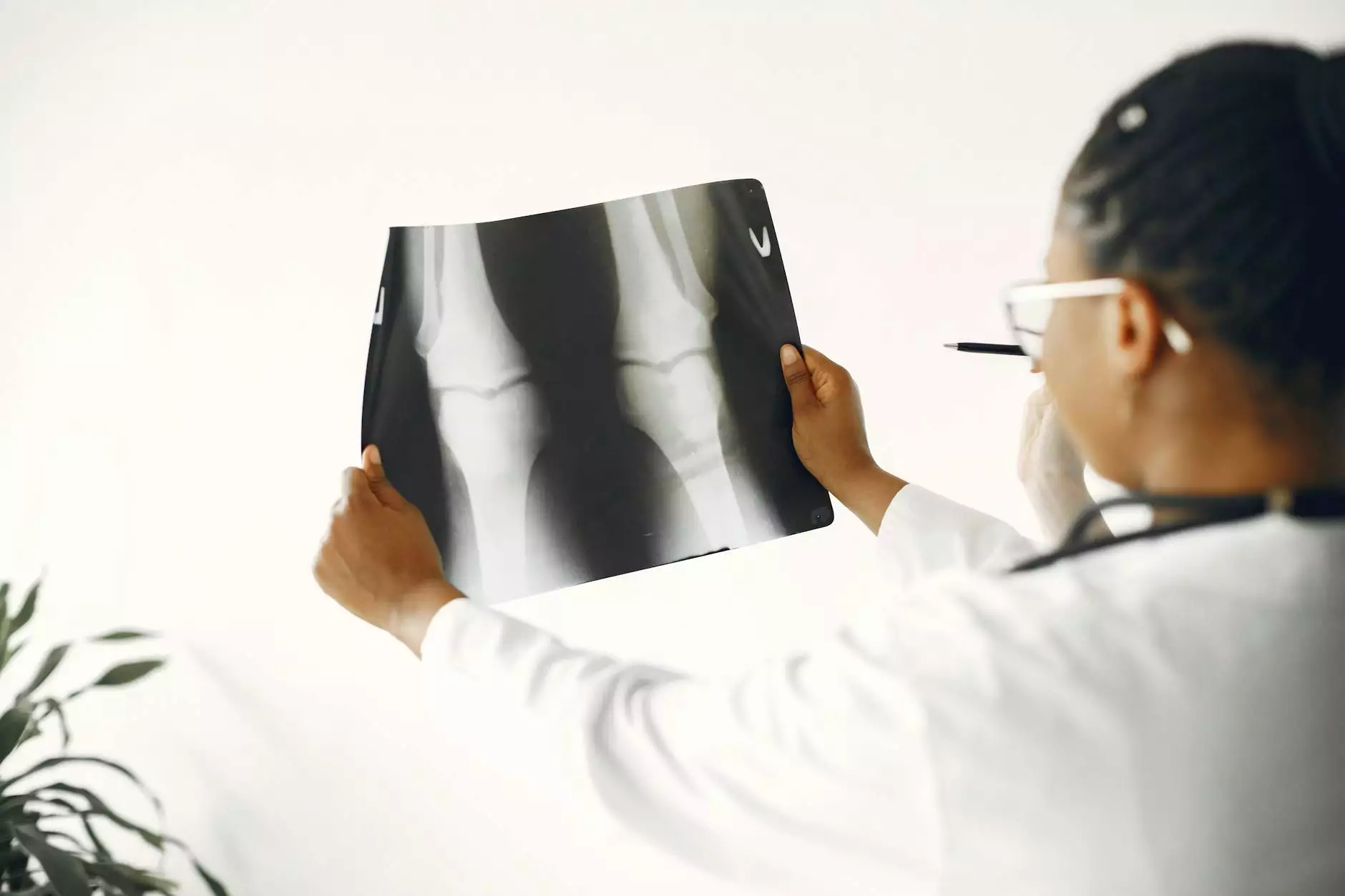How Do You Prove Medical Negligence?
Health
Introduction
Welcome to Ageless Wisdom Magazine, your trusted source for lifestyle insights. In this article, we will explore the complex topic of proving medical negligence within the healthcare industry. Medical negligence refers to situations where a healthcare professional fails to provide care that meets acceptable standards, resulting in harm or injury to a patient.
The Key Elements of Proving Medical Negligence
Proving medical negligence involves demonstrating the following key elements:
Duty of Care
Firstly, you must establish that a duty of care existed between the healthcare professional and the patient. This duty of care implies that the healthcare provider had a legal and moral responsibility to provide competent and reasonable care.
Breach of Duty
You need to prove that the healthcare professional breached their duty of care. This means demonstrating that they did not meet the standard of care expected within their profession. This breach could be a result of actions taken or actions omitted.
Causation
Causation requires establishing a direct link between the breach of duty and the resulting harm or injury to the patient. You must demonstrate that the negligent actions or omissions directly caused the harm suffered.
Damages
To successfully prove medical negligence, you must demonstrate that the patient suffered damages as a direct result of the healthcare professional's breach of duty. These damages can include physical, emotional, or financial harm.
Legal Considerations in Proving Medical Negligence
Proving medical negligence involves navigating legal considerations specific to your jurisdiction. It is essential to consult with a qualified attorney who specializes in medical malpractice to ensure you follow the appropriate legal procedures. They can provide guidance on the specific laws and regulations that apply to your case.
The Process of Proving Medical Negligence
The process of proving medical negligence typically involves the following steps:
1. Gathering Medical Records
The first step is to gather all relevant medical records related to the treatment in question. These records will provide valuable evidence in establishing the standard of care provided, any deviations from it, and the resulting harm.
2. Expert Medical Opinion
Obtaining an expert medical opinion is crucial in proving medical negligence. A qualified medical expert can review the medical records, provide an objective assessment, and offer professional opinions regarding the breach of duty and resulting harm.
3. Building a Strong Case
Working closely with your attorney, you will need to build a strong case by gathering supporting evidence, such as witness testimonies, expert opinions, and any additional relevant documentation. This evidence will strengthen your claim and increase the chances of a successful outcome.
4. Filing the Lawsuit
If a settlement cannot be reached through negotiation, your attorney will guide you through the process of filing a lawsuit against the responsible party. They will ensure all necessary legal documents are prepared and filed within the designated timeframe.
5. Discovery and Depositions
During the discovery phase, both parties exchange information and evidence. This may involve depositions, where witnesses and experts provide sworn testimony. The information gathered during this phase will shape the trajectory of the case.
6. Settlement or Trial
If a fair settlement agreement is reached, the case can be resolved without going to trial. However, if a fair settlement cannot be achieved, the case will proceed to trial, where a judge or jury will evaluate the evidence and render a verdict.
7. Seeking Compensation
If successful in proving medical negligence, you may be entitled to compensation for various damages, including medical expenses, lost wages, pain and suffering, and any long-term impact on your quality of life. Your attorney will work diligently to ensure you receive the compensation you deserve.
Conclusion
Proving medical negligence is a complex process that requires a thorough understanding of the key elements, legal considerations, and steps involved. Consulting with a qualified attorney specializing in medical malpractice is crucial to navigate the intricacies of the legal system and ensure your rights are protected. Ageless Wisdom Magazine is committed to providing valuable information to help you make informed decisions regarding your lifestyle and well-being.
For more lifestyle insights and expert advice, visit Ageless Wisdom Magazine today.










